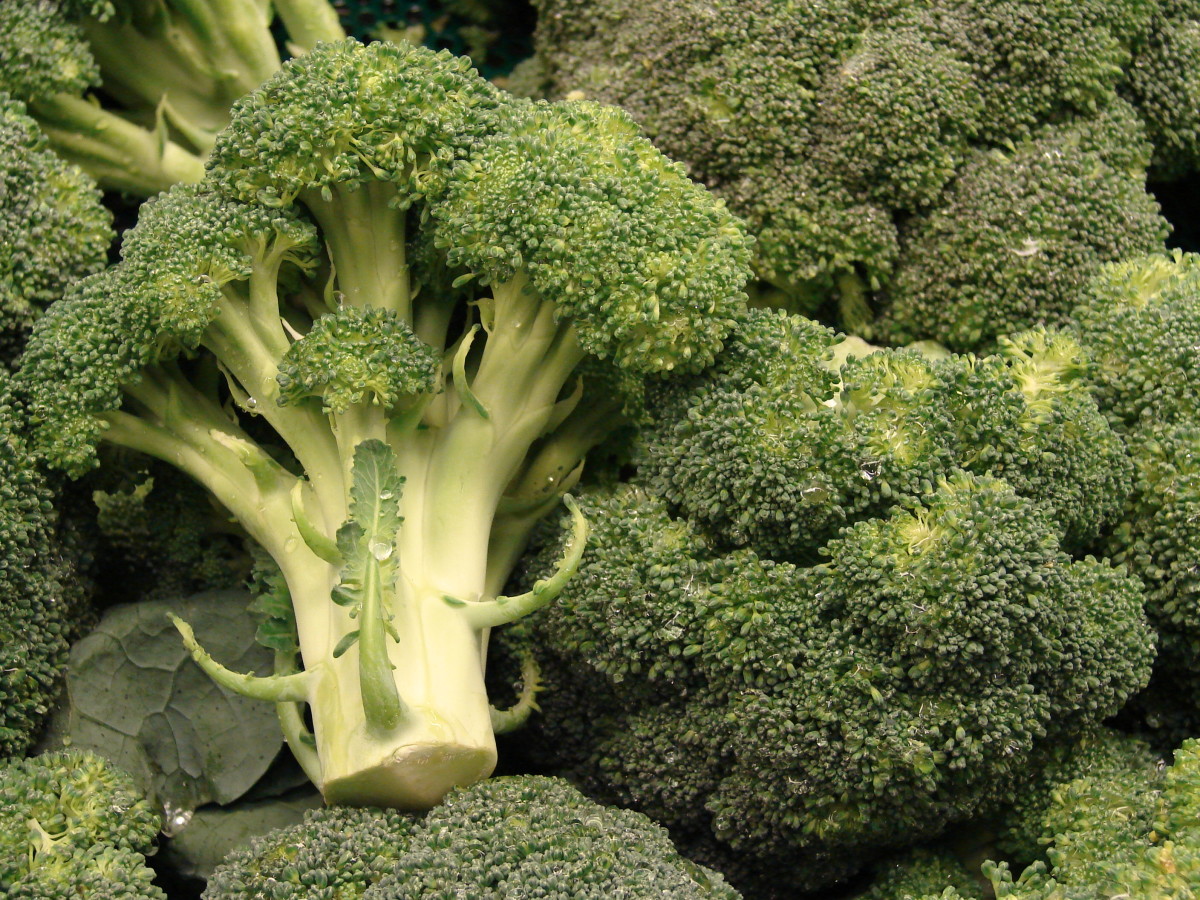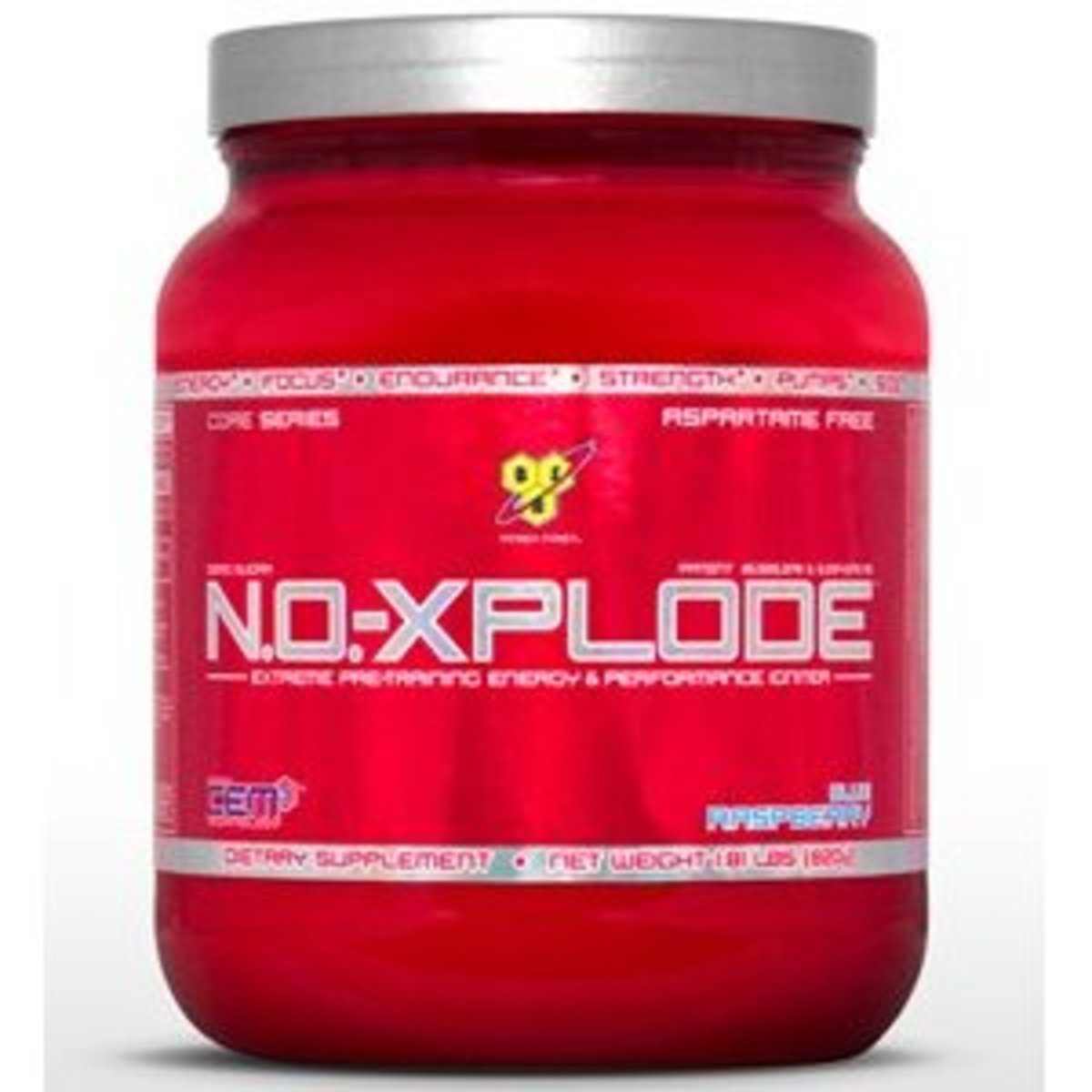Foods That Contain the Beneficial Pigment Lycopene
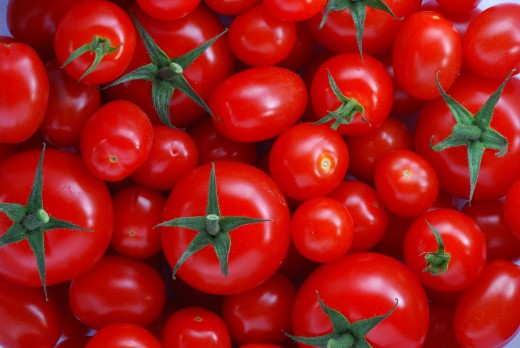
Lycopene may play a significant part in, among other things, helping the anti-aging process and fighting heart disease and cancer. Tomatoes are one good source of this beneficial pigment, but are there are other foods that contain lycopene too? And if so, how much do they contain?
Before we have a look at other foods that contain lycopene, let’s have a quick recap as to what the possible benefits of eating a diet rich in lycopene are.
Heart Health
Lycopene is thought to lower LDL or ‘bad’ cholesterol and increase HDL, or ‘good’ cholesterol. This means that eating a diet rich in lycopene can help halt and reverse the causes of atherosclerosis or heart disease. It is thought that lycopene may be as effective at lowering cholesterol as statins.
Anti-Aging
Lycopene plays a big role in helping the skin stay young and healthy. It can also help protect from the skin from the sun's harmful uv rays and stop the skin burning.
Diabetes
Lycopene has been shown to play a role in helping of sufferers of diabetes, especially Type 2 Diabetes.
Asthma
Scientific studies have shown that volunteers who added lycopene supplements to their diet experienced improvements to inflammation of the airways.
As we can see, adding foods that are rich in lycopene has a range of benefits and there are many others that we have not listed here if you would like to do your own research. But if you don’t like tomatoes, or if you are looking for foods other than tomatoes to boost your lycopene intake, what are the options?
Bone Health
Lycopene has been found to play a role in bone health, especially in helping prevent the onset of osteoporosis or brittle bones in old age for women.

Foods With Lycopene
Guava
It may or may not come as a surprise to you that there are foods that actually contain more lycopene than tomatoes. Tomatoes are actually third in the list of lycopene rich foods and guava actually has about two thirds more lycopene than tomatoes. Other health benefits of guava include treatment for cough, cold and flu symptoms, diarrhoea, constipation, weight loss, dysentery, high blood pressure and scurvy.
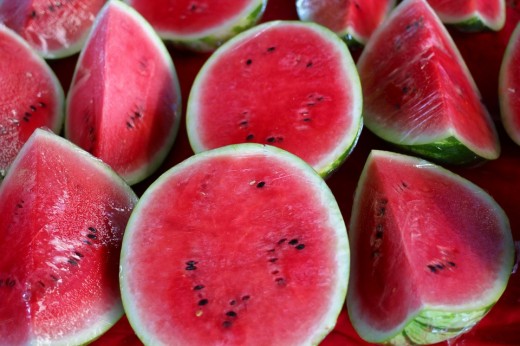
Watermelon
Once again, watermelon comes in above tomatoes in the amount of lycopene punch that it contains, with over a third more lycopene than tomatoes. Adding watermelon to your diet regularly can help benefit hydration, digestion, skin and hair health and muscle soreness after exercise.
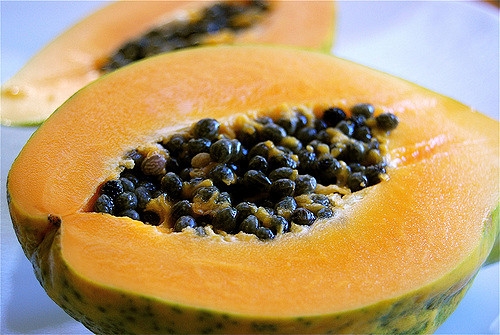
Papaya
All the remaining foods on this list pack less lycopene punch than tomatoes, watermelon and guava but are still worth considering to help you increase the amount of lycopene you consume on a regular basis. Papaya is low in calories and in fat. Papaya is also good for vision (especially as you approach old age,) asthma, heart health, bone health, diabetes, digestion and inflammation.
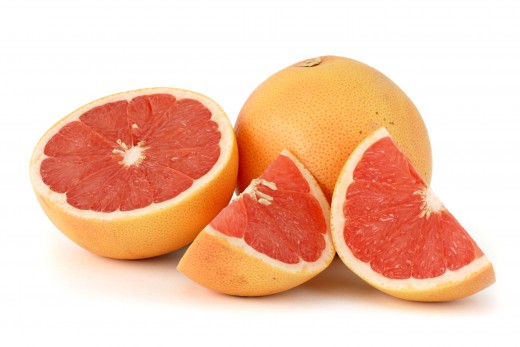
Grapefruit
Another lycopene rich food, grapefruit can also be of benefit for weight loss, stroke sufferers, high blood pressure, heart health, digestion, constipation, hydration (grapefruit is 91% water,) skin damage and asthma prevention.
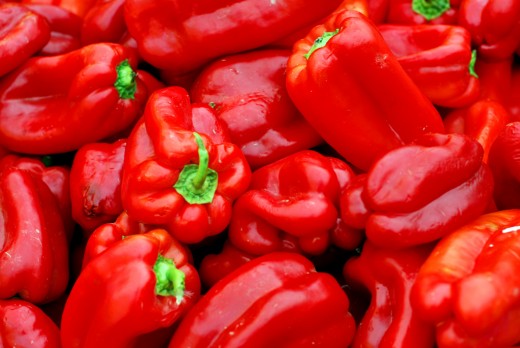
Sweet Red Peppers
Bell peppers are low in calories and packed full of vitamins A and C. They also contain beta carotene and capsaicin. If you go to my profile page you can find an article about cayenne chili which explores the health properties of capsaicin in detail. Health benefits of adding red peppers into your diet include weight loss (when combined with spicier foods,) healthy eyesight, heart health, reducing blood pressure, reduced risk of cancers and prevention of anaemia.
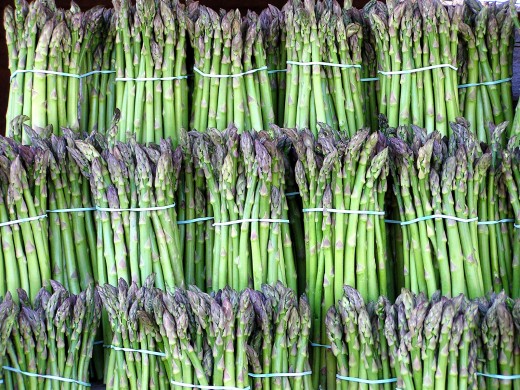
Asparagus
Asparagus has a whole raft of health benefits. Other than lycopene, asparagus is also a rich source of vitamins A,C,E and K and also fiber and folate. Asparagus can help in fighting and preventing cancer, it’s a diuretic and can help people suffering with edema, preventing cognitive decline in the brain and it’s also anti-oxidant rich and plays a part in helping to neutralize cell damaging free radicals.

Red Cabbage
Amongst the health benefits bestowed by the regular consumption of red cabbage are support for the digestive tract, cancer fighting properties and a range of nutrients and compounds for heart health. For best flavour and extraction of the most nutrients, red cabbage should be steamed rather than boiled.

Mango
We are fast approaching the end of our list of lycopene containing food sources. The ‘king of fruits’ mango cam bring us many health benefits, including preventing cancer, lowering ldl cholesterol, keeping the skin clear and helping prevent clogged pores and getting rid of pimples, macular (eye) health, aids digestion, hydration following heat stroke and helping to give the immune system a boost.
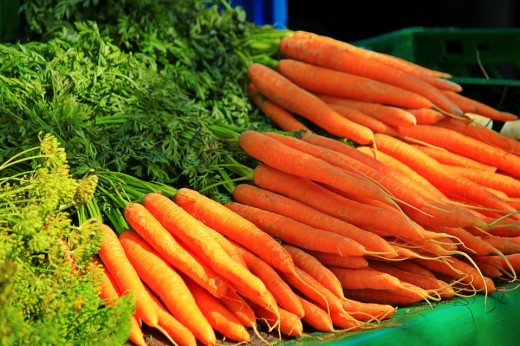
Carrots
Last on our list of lycopene containing foods is the humble carrot. However, humble as they are they are a storehouse of goodness for our bodies. Packed full of vitamin A, many of the health benefits of carrots are well known and these include keeping and maintaining healthy eyes and good vision, preventing cancer, slowing the body’s aging-process, keeping the skin healthy, preventing strokes, dental health and protecting against heart disease.
Lycopene Supplements
If you’re like me, you may want to know if lycopene supplements are available to make sure you keep on top of a daily healthy intake. Lycopene supplements are available widely and generally come in soft gel or capsule form in dosages of between 3mg-40mg. Lycopene is non-toxic and there are no known serious side effects. If you are pregnant or are taking other medications, visit your health practitioner before you start a course of lycopene supplements.
Conclusion
It is obvious when looking at the range of health benefits found in all the foods listed above that contain lycopene, that it has to be worthwhile incorporating them all into your diet so you can enjoy the full range of benefits found in these nutrient rich foods. Where lycopene is concerned, the list of health benefits just keeps continuing to grow and with more and more research being carried out into its healthy properties, it’s a sure bet that we’ll be hearing much more about it in the years to come.




